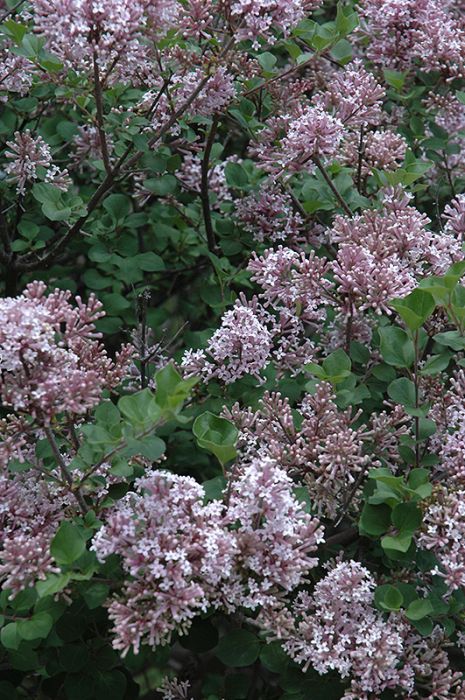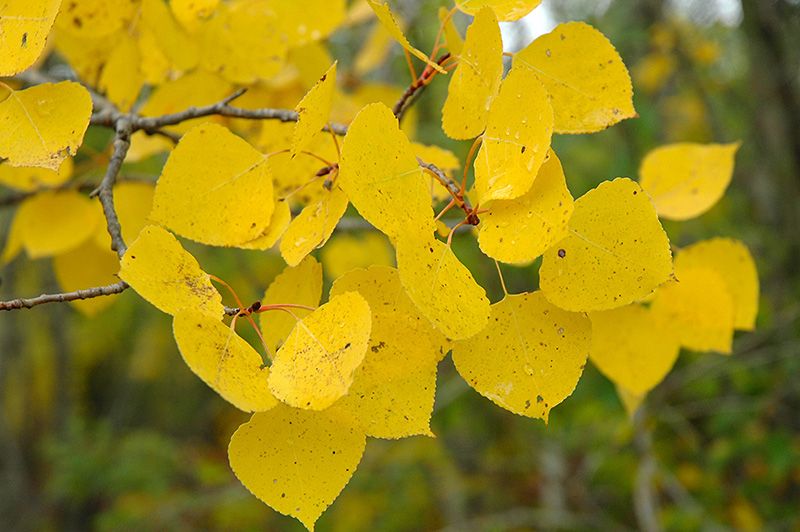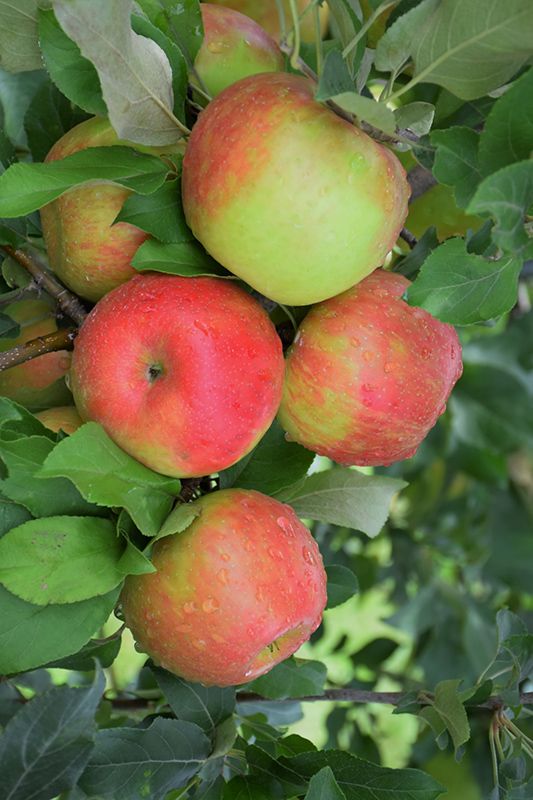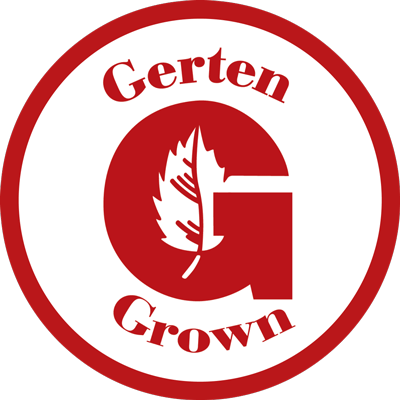Syringa, Korean Lilac Tree 'Dwarf'


- Sun Preference
- Full-Sun
Description
The dwarf Korean lilac grafted onto a standard makes a lovely small accent for the landscape. Fragrant lilac pink flowers in early summer.
Minnesota's Largest Selection of Trees
At Minnesota's Destination Garden Center, we offer a diverse range of trees to suit any landscaping need. Whether you're looking for shade trees to cool your home or ornamental trees to add beauty and interest, you'll find the perfect tree at Gertens. Our knowledgeable staff can help you select the right tree for your space and provide tips for care and maintenance. Visit Gertens today and explore the unmatched variety of trees to enhance your outdoor environment!
Details
Dwarf Korean Lilac | Syringa meyeri 'Palibin'
Height: 7 feet
Spread: 4 feet
Sunlight: full sun
Hardiness Zone: 3a
Brand: Gertens
Description:
A beautiful and popular shrub with numerous attributes; striking spikes of fragrant lilac-pink flowers in late spring, small rounded foliage and a uniform compact shape; neat and tidy, an extremely versatile garden shrub; full sun and well-drained soil
Ornamental Features
Dwarf Korean Lilac is smothered in stunning panicles of fragrant lilac purple flowers at the ends of the branches in late spring, which emerge from distinctive violet flower buds. The flowers are excellent for cutting. It has dark green deciduous foliage which emerges burgundy in spring. The small pointy leaves do not develop any appreciable fall color.
Landscape Attributes
Dwarf Korean Lilac is a dense multi-stemmed deciduous shrub with a more or less rounded form. Its relatively fine texture sets it apart from other landscape plants with less refined foliage.
This is a high maintenance shrub that will require regular care and upkeep, and should only be pruned after flowering to avoid removing any of the current season's flowers. It is a good choice for attracting butterflies to your yard. It has no significant negative characteristics.
Dwarf Korean Lilac is recommended for the following landscape applications;
- Accent
- Mass Planting
- Hedges/Screening
- General Garden Use
Planting & Growing
Dwarf Korean Lilac will grow to be about 5 feet tall at maturity, with a spread of 6 feet. It tends to fill out right to the ground and therefore doesn't necessarily require facer plants in front, and is suitable for planting under power lines. It grows at a slow rate, and under ideal conditions can be expected to live for approximately 30 years.
This shrub should only be grown in full sunlight. It is very adaptable to both dry and moist locations, and should do just fine under average home landscape conditions. It is not particular as to soil type or pH. It is highly tolerant of urban pollution and will even thrive in inner city environments. This is a selected variety of a species not originally from North America.
More Information
| Tree Type | Shade & Ornamental |
|---|---|
| Sun Preference | Full-Sun |
| Mature Height (Range) | 5 - 10 feet |
| USDA Hardiness Zone | 4, 5, 6, 7 |
| Common Family Name | Lilac |




